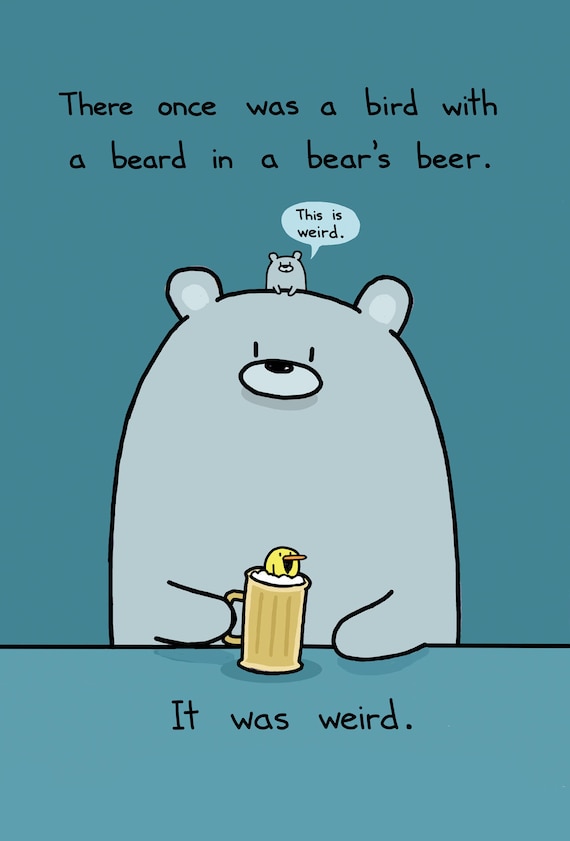This week we had about the short story “Lullaby” by Leslie Marmon Silko and the novel “The Absolutely True Diary of a Part Time Indian” written by Sherman Alexie. I feel like these texts are a bit to difficult to use for pupils in seventh grade. Maybe you have a few pupils who is a strong reader and has a good understanding of English that could find Alexie’s novel a great read. It is a fun book with a easy language. I think that pupils in some ways can relate to the some of the situations that the main character find himself in. Even though it is mainly about how to survive the teens and the life as “a part time Indian”.
Benedikte had her lesson this week. She had about words that are different in American English and British English but means the same. This was a well thought out and fun lesson. She had different activities where the pupils get to explore and play with the words. I got inspired to use many of her activities myself.

